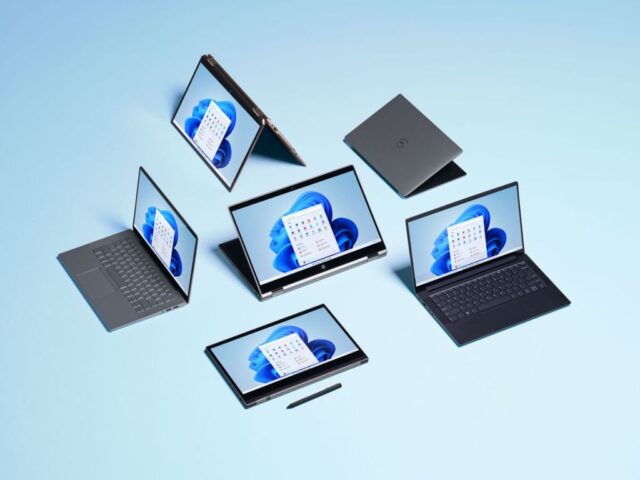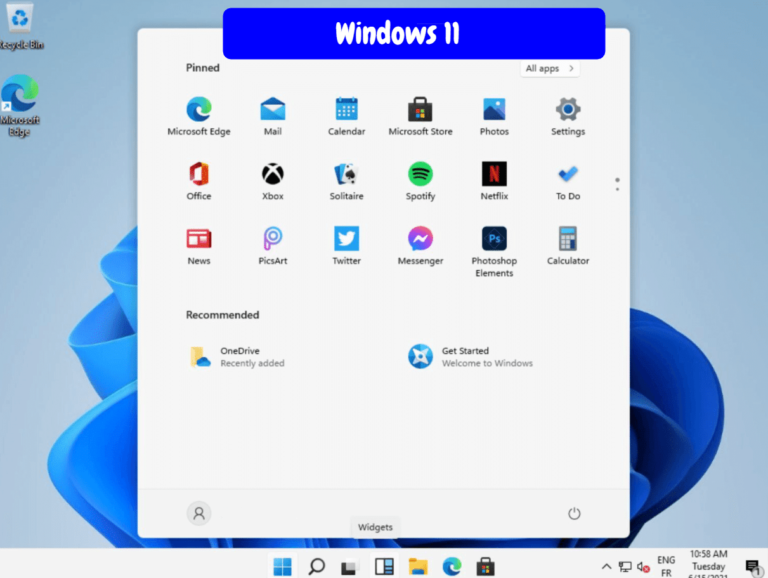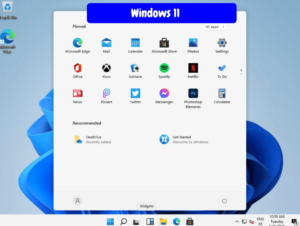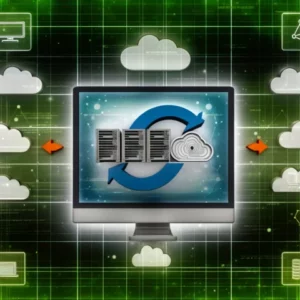Windows 11 is showing up not long from now as a free upgrade for Windows 10 users, yet many are finding that their hardware is not viable. Microsoft has altered its base hardware requirements, and it’s the CPU changes that are generally astonishing here. Windows 11 will just authoritatively support 8th Gen and newer Intel Core processors.
That possibly precludes a huge number of existing Windows 10 devices from upgrading up to Windows 11 with full support, and even devices like Microsoft’s own Surface Studio 2 which the organization is still selling right now for $3,499. Older devices that are not officially supported will be met with notice during the Windows 11 install that the upgrade is not proposed.
What we will see here?
Getting Windows 11 is free!
The most effortless way of getting Windows 11 is by actually looking at Windows Update on a supported. But since Microsoft is carrying out Windows 11 gradually throughout the span of numerous months.
Microsoft offers multiple ways to download Windows 11 manually. One is to utilize the Installation Assistant app, which you install on your PC to trigger a run-of-the-mill overhaul install through Windows Update. The second is to utilize the Windows 11 Media Creation Tool, which computerizes the method involved with making a bootable USB install drive or downloading an install ISO file. When you have a USB drive, you can either boot from it to perform a clean install. You can likewise copy the ISO to a DVD, however, install it from any USB drive. At last, you can simply download an ISO file directly from Microsoft’s website.
You can track down the full list of supported processors on Microsoft’s site, yet here’s the fundamental breakdown:
Check to see if the current PC meets the requirements to run Windows 11. To do this follow:
- Select the Start button.
- Go to Settings > Update & Security >Windows Update.
Windows 11 Support for Intel
- Intel 8th Gen (Coffee Lake)
- Intel 9th Gen (Coffee Lake Refresh)
- The Intel 10th Gen (Comet Lake)
- Intel 10th Gen (Ice Lake)
- A Intel 11th Gen (Rocket Lake)
- Intel 11th Gen (Tiger Lake)
- The Intel Xeon Skylake-SP
- Intel Xeon Cascade Lake-SP
- Intel Xeon Cooper Lake-SP
- The Intel Xeon Ice Lake-SP
Windows 11 Support for AMD
- The AMD Ryzen 2000
- AMD Ryzen 3000
- A AMD Ryzen 4000
- AMD Ryzen 5000
- AMD Ryzen Threadripper 2000
- The AMD Ryzen Threadripper 3000
- AMD Ryzen Threadripper Pro 3000
- AMD EPYC 2nd Gen
- The AMD EPYC 3rd Gen
Microsoft noted that CPU generation requirements are a “delicate floor” limit for the Windows 11 installer, which ought to have permitted some more seasoned CPUs to have the option to install Windows 11 with a notice.
Numerous Windows 10 users have been downloading Microsoft’s PC Health App to see whether Windows 11 deals with their system. As Microsoft presently requires a TPM (Trusted Platform Module), this has prompted some extra confusion around hardware support.
Windows 11 would additionally require TPM capable of basically 1.2 support and UEFI Secure Boot. Both of these advances are designed to chip away at the security of Windows and forestall malware and ransomware from messing with encryption keys and other secure parts of the working system.
Presently, it appears Microsoft might be ordering TPM 2.0

“Essentially every CPU in the last 5-7 years has a TPM,” explains David Weston, overseer of the venture and OS security at Microsoft. Weston is suggesting that Windows 10 users bombing Microsoft’s Windows 11 upgrade checker necessities should ensure BIOS decisions for “PTT” on Intel system are enabled, or “PSP fTPM” on AMD devices.
If you have enabled TPM support yet you’re as yet not passing the Windows 11 upgrade checker, it’s logical on the grounds that your CPU isn’t on the complete support list. Intel has affirmed Microsoft’s Windows CPU requirements. “A wide extent of Intel-put together stages are depending with respect to help Windows 11: 8th Gen and fresher Intel Core processors, Intel Celeron processors from the ‘Apollo Lake’ age and more state-of-the-art,” says an Intel delegate in an affirmation to The Verge.
This is the first significant shift in Windows while hardware requirements since the arrival of Windows 8 back in 2012. Microsoft is additionally requiring a front-facing camera for all Windows 11 devices. Another change will shape the gear that Windows 11 will run on in the coming years.
Conclusion
We figure a great many people should wait a couple of months to give Microsoft time to resolve Windows 11’s greatest new operating system bugs and get done with releasing updates for Windows’ built-in apps. However, you might need to install the operating system in any case. Windows 11 will similarly officially support AMD Ryzen 2000 and more up-to-date processors, and 2nd Gen or more current EPYC chips. Windows 11 is showing up as a free upgrade for Windows 10 users.
















